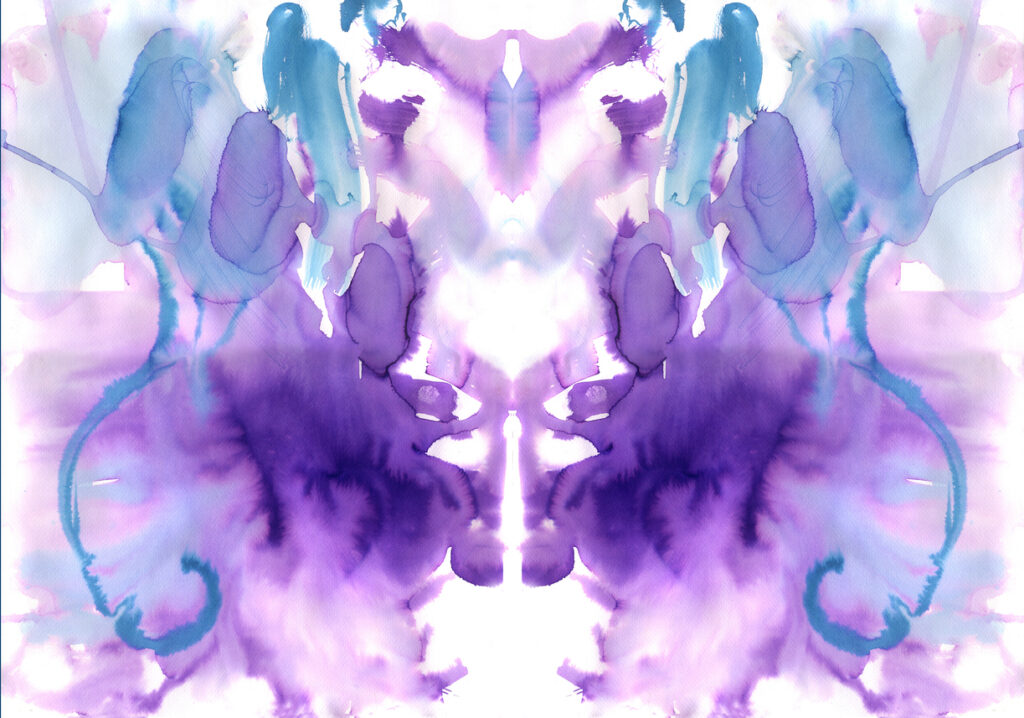KSI’s throwaway racist slur whilst appearing on Sidemen’s edition of Countdown, and the subsequent reaction from fellow contestants, speaks volumes of how little progress has been made. My kids, all young adults, are Sidemen fans and in addition to following their online content, have gone to watch them play football, in a charity game and order their branded Sidemen takeaways.
Using racial slurs is not ok
The Sidemen have made a name amongst their millions of followers by doing various challenges and activities with the banter being part of the experience.
The popular TV gameshow of Countdown requires you to form a word from a selection of random letters. KSI created a four-letter derogatory word for people of South Asian origin. As a person himself of Black heritage, there was almost an expectation he’d be more conscious of the impact of using a racial slur.
The fact the video was not edited out before being shared on their platform suggests no one else saw an issue with the word being said
KSI has subsequently apologised following the backlash saying “There’s no excuse, no matter the circumstances, I shouldn’t have said it and I’m sorry,”. “I’ve always said to my audience that they shouldn’t worship me or put me on a pedestal because I’m human. “I’m not perfect, I’m gonna mess up in life, and lately I’ve been messing up a lot.”
The video was aired and went viral for the wrong reasons but has since been deleted from The Sidemen’s social media. KSI’s racial slur was bad. The reaction from the rest of the group was equally problematic with them laughing in response to KSI. They too have issued an apology and said: “The fact the incident was made light of on the show was wrong and compounded the hurt”.
The fact the video was not edited out before being shared on their platform suggests no one else saw an issue with the word being said. Is racism being normalised?
One of my kids could not relate to it being such a big deal, after all, it was not like they said the N-word, right? I do not expect KSI, the Sidemen or my kids to really appreciate the racial connotations of that word. It has never been used in a positive context.
Living with racism
Growing up I went to a secondary school in the 80s that was majority white and being asthmatic put me at a distinct disadvantage, twice. I was a Pakistani, one of five Asians in my whole year but unlike the other four, because of my asthma, I was not good at football or cricket so whilst the other four were more accepted by comparison, that was not going to happen in my case. Secondly being asthmatic meant I could not adequately defend myself so being bullied was a daily occurrence and being roughed up was the norm.
That’s not to say the other four had it easy. The abbreviated racially loaded word for Pakistani was everywhere in our school. It was graffitied on the school walls, written on school rucksacks, on schoolbooks, and shouted at us. In fact, there were three combinations of the racial slur, ‘dirty paki’, ‘pakis out’ and ‘paki bashing’. There was also the APL which was plastered everywhere, the ‘Anti-Paki League’.
The National Front would regularly turn up and wait for ‘us’ to come out to remind us violently we didn’t belong whilst shouting the P word at us
I recall coming home one day, aged 12 trying to scrub off my colour because I realised when a person with brown skin is scratched before it turns red, it turns white. I had been told I was a ‘dirty paki’ that often, I wanted to be white like the others, to fit in.
The school were aware of what was going on but back then did nothing to protect minorities. Needless to say, school was not the best experience of my childhood, it was miserable. Even my few friends were still racist but not as violently racist. 20 plus years later, a ‘friend’ reached out to me on Facebook wanting to connect and catch up but I thanked him for reaching out and declined because I knew he was mostly oblivious to what life was like for me.
Outside of school the National Front would regularly turn up and wait for ‘us’ to come out to remind us violently we didn’t belong whilst shouting the P word at us.
There is no place for racism in modern Britain
My kids never had to experience the racism I experienced and to date, I don’t think they have ever been called the P word by anyone. Similarly, I will never know what racism my father faced as an immigrant who settled here in the UK, during a time when Enoch Powell (MP) made his infamous ‘Rivers of Blood’ speech in 1968, at a meeting of the Conservative Political Centre in Birmingham, my place of birth a year before I was born.
I do know that the impact on me and others like me was devastating. I left school a racist, fearing and mistrusting white people. Thankfully, my first job helped to readdress that. I was working with white Irish colleagues and yes while there was some racist banter mostly the Irish against the English, I made one of my best and oldest friends for life, that helped to reset my thinking and helped me realise not all people are bad from anyone community of people and not all people are good. People are people. There are good people everywhere but equally, there are bad people everywhere. Hate is not limited to any one group of people.
Workplaces have a duty to create cultures where no one should feel alienated or mistreated because of being different
I also realised how work could be a force for good. Nelson Mandela said it best ‘No one is born hating another person because of the color of his skin, or his background, or his religion. People must learn to hate, and if they can learn to hate, they can be taught to love, for love comes more naturally to the human heart than its opposite.’
Workplaces have a duty to create cultures where no one should feel alienated or mistreated because of being different. No one is paid enough to have their dignity trampled on. Children are not always kind. There is no excuse for the adults.









